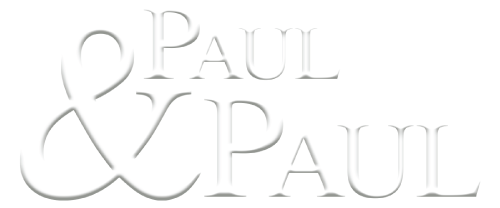Our intellectual property attorneys are well-versed in all aspects of trademark law, from registration to enforcement. We strive to provide our clients with comprehensive trademark services that meet their specific needs and goals. Whether you’re just starting out or have been protecting your brand for years, we can help you get the protection you need. With our expertise and dedication to client satisfaction, we make sure your trademark is safeguarded against infringement and misuse.
The process of registering a trademark can be complex and it’s important to make sure you understand the law and are following the proper procedure. Working with an experienced trademark attorney is the best way to ensure your rights are fully protected.
An attorney can help you identify any potential conflicts or risks associated with your trademark and provide you with advice on how to proceed with registration. We can also assist you in developing a trademark strategy so that you get the most out of your brand and avoid costly mistakes.

The two most common types of trademarks are federal and state. Federal marks are registered with the United States Patent and Trademark Office (USPTO) and provide nationwide protection for your trademark. State marks, on the other hand, offer protection only within the state in which they are filed.
Registering a trademark in the United States can be a complex process and it is important to understand the various steps involved. Generally, the trademark application process involves five steps:
Once you have registered your trademark, it is important to monitor and enforce its use. Trademark infringement occurs when someone uses a mark that is confusingly similar to the one you have registered. If this happens, you have legal recourse and can take action against the infringing party.
At Paul & Paul, we understand the importance of protecting your intellectual property and have the experience to guide you through the trademark registration process. We can help you identify potential conflicts or risks associated with your mark, ensure that all requirements are met for approval, and provide guidance throughout the entire process. Contact us today for a free consultation to discuss how we can help protect your intellectual property.
About Us
Contact Us
100 N. 18th Street, Suite 830
Philadelphia, PA 19103
Office: (215) 568-4900
Fax: (215) 567-5057
Email: info@paulandpaul.com
© 2023 All Rights Reserved | Paul & Paul